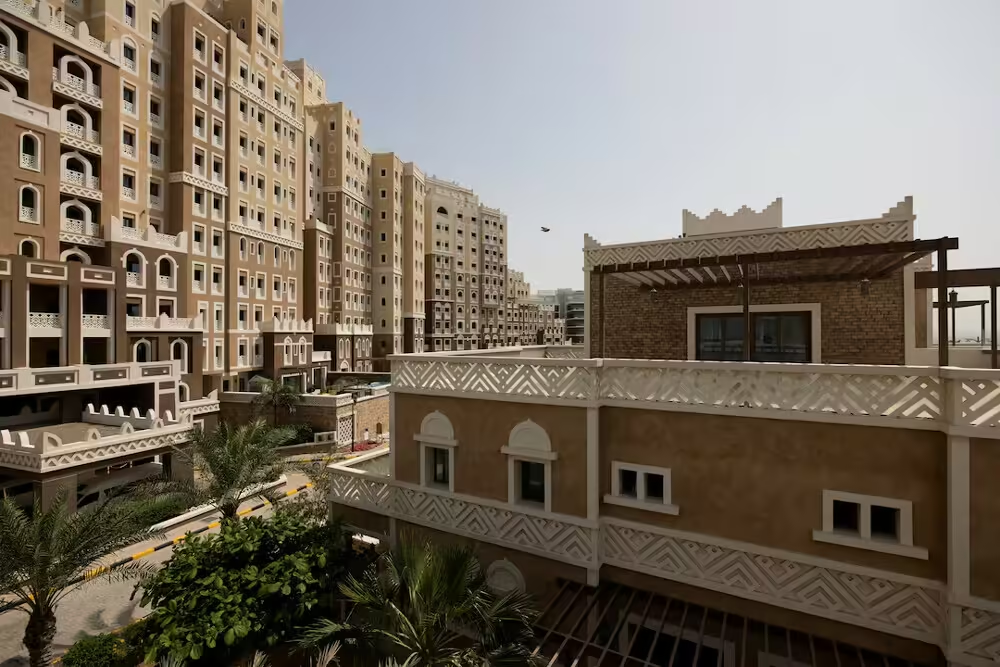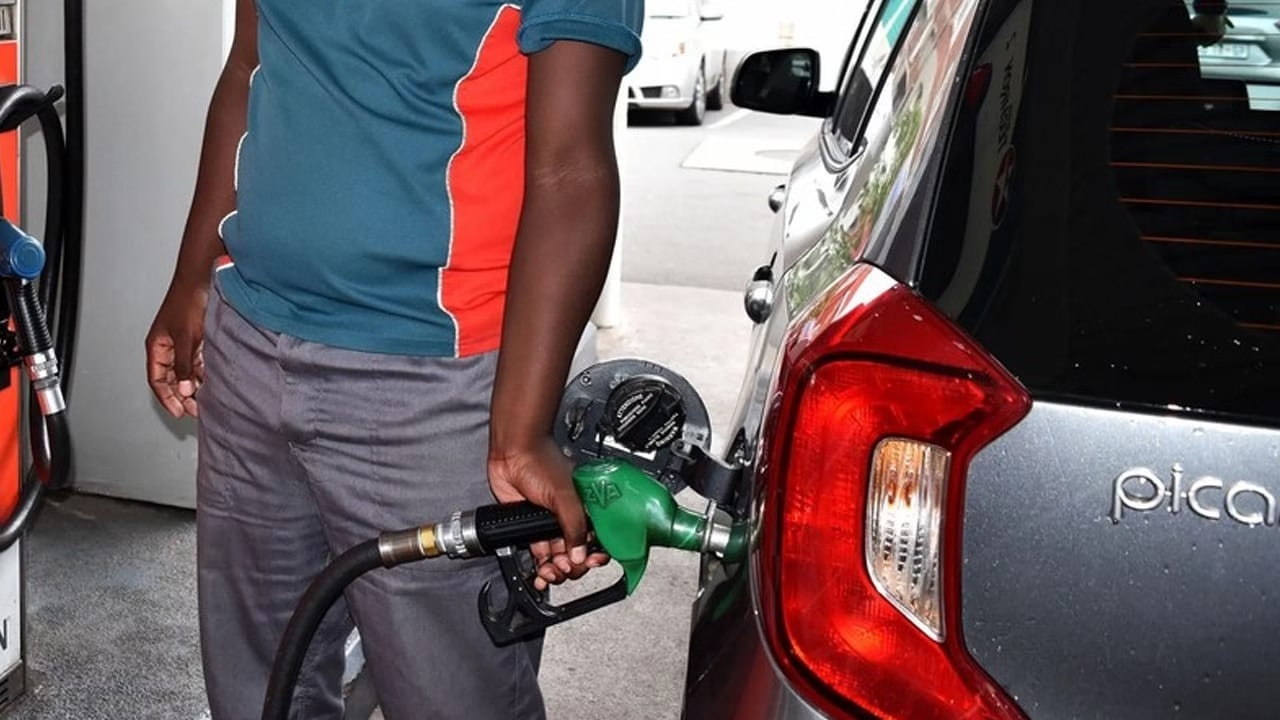Dewan Farooque Motors Limited, a prominent Pakistani automobile importer and manufacturer, has announced plans to locally assemble Chinese electric trucks, with the launch of the first model, “Kama,” scheduled for the first quarter of 2025. This initiative aligns with Pakistan’s ambitious National Electric Vehicles Policy (NEVP), introduced in 2019, which targets 30% EV adoption by 2030 and 90% by 2040.
The “Kama” Electric Truck
According to Kashif Riaz, Director Projects at Dewan Farooque Motors, the Kama truck will build upon the robust structure of the company’s popular Shehzore diesel-powered model. Initial completely built units (CBUs) have already arrived in Pakistan for testing and will pave the way for local assembly.
Key specifications of the Kama truck include:
- Electric range: 300 kilometers per charge.
- Charging capability: Supports rapid charging, significantly enhancing operational efficiency for commercial use.
Benefits and Opportunities
Riaz emphasized that electrifying commercial trucks, which traditionally consume large amounts of fuel, would dramatically reduce operating costs for businesses and help reduce Pakistan’s reliance on imported fossil fuels.
He also highlighted the broader potential benefits for Pakistan:
- Economic Growth: Localizing EV manufacturing, including battery production, could position Pakistan as a global exporter of electric vehicles.
- Environmental Impact: The shift to electric vehicles could reduce carbon emissions, potentially earning Pakistan carbon credits from organizations like the World Bank.
- Skilled Workforce Utilization: With existing manufacturing infrastructure and a skilled workforce, Pakistan has the capacity to become a competitive player in the global EV market.
- Lithium Resources: Leveraging abundant lithium reserves could further support battery production and local EV development.
The Road Ahead
Dewan Farooque Motors is optimistic about the growth of the EV sector in Pakistan. Riaz noted that localized production of key EV components, such as batteries, could eliminate reliance on imported engines and transmissions. However, achieving these goals will require stronger government support for the domestic EV industry.
By investing in infrastructure and incentivizing local manufacturing, Pakistan could accelerate its transition to electric mobility and establish itself as a regional leader in EV production. The launch of the Kama truck is a significant step toward realizing this vision.



